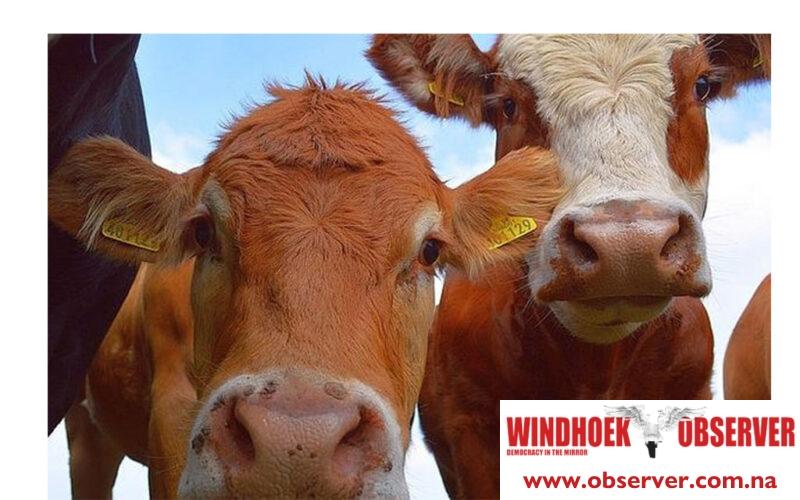Niël Terblanché
Quarantine facilities designed to help farmers in the Kunene Region market their livestock are either non-functional or have been severely vandalised, according to findings by the Parliamentary Standing Committee on Economics and Public Administration.
These facilities are crucial for farmers to sell their animals in formal markets, but their current dilapidated state is jeopardising this opportunity.
At least three livestock quarantine camps have experienced vandalism, according to the committee’s oversight visits to the Northern Communal Areas.
This discovery follows a petition urging the region’s livestock market to be revived. The only facility still in good condition is the Ehomba Community quarantine camp, located over 100 kilometres north of Opuwo.
Despite its capacity to hold more than 100 cattle, it has not been used for its intended purpose since Meatco ceased operations in the area years ago.
Currently, the facility is leased to a local businessman who operates an abattoir there.
With the National Assembly in recess, the Parliamentary Standing Committee has taken the initiative to identify better markets for communal livestock through a series of oversight visits across the northern communal farming areas from 12 to 24 May.
These visits aim to revitalise the livestock sector, a cornerstone of the local economy, by assessing facilities, market conditions, and engaging with stakeholders, including government officials, farmers’ unions, and traditional leaders.
The goal is to gain a comprehensive understanding of the sector’s challenges and opportunities, improve market access for communal farmers, and increase their visibility in the livestock market.
According to the Meatco Foundation, the communal areas in northern Namibia are vital to the country’s livestock production, with a significant portion of the population relying on them for their livelihood.
Recent reports indicate that these areas have vast potential for sustainable cattle production, particularly through initiatives such as the Meatco Foundation Projects, which aim to improve cattle genetics and overall animal health.
These improvements could enhance the quality and quantity of beef available for local and regional markets.
Research from Livestock Research for Rural Development highlights the crucial socio-economic role of livestock in communal farming areas.
Livestock not only serves as a source of income but also acts as a risk management tool against crop failures and other economic uncertainties.
However, communal farmers, the majority of whom are women, face significant challenges such as inadequate market access, modern farming technologies, and infrastructural and educational limitations.
The committee’s findings will be used to draft actionable recommendations aimed at making Namibia’s communal livestock sector more profitable and sustainable.
Potential strategies may include harnessing the untapped market potential of livestock reared in communal areas and aligning with broader national goals for economic growth and development in the agricultural sector.
The oversight committee aims to provide communal farmers with the opportunity to effectively participate in and benefit from formal markets.




